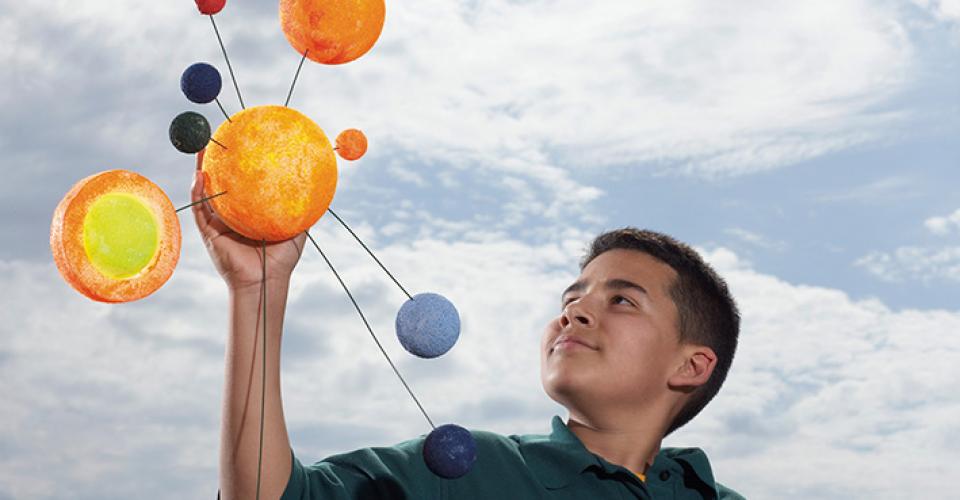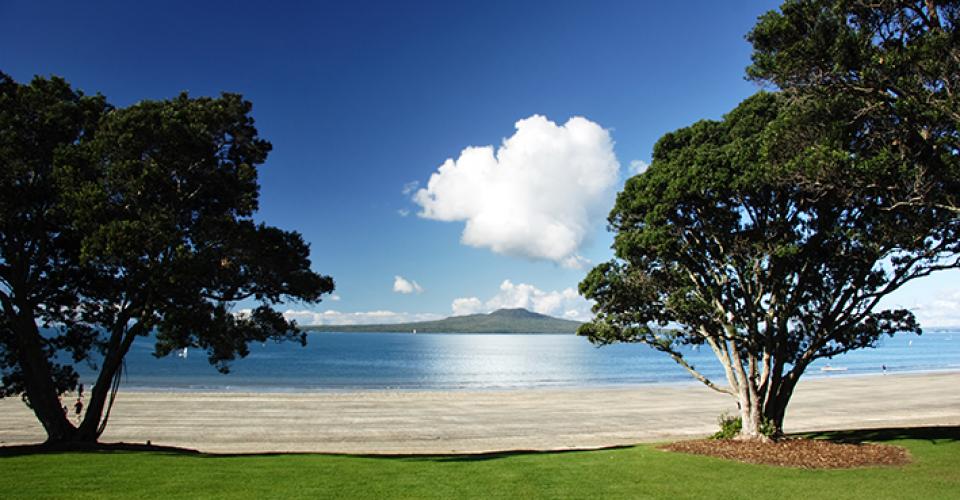Party poppers make for a party of science
16/06/2014What does it mean to be a scientist? EMMA MCFADYEN investigates with her primary students and a pack of party poppers.
This article originally appeared on Emma McFadyen’s blog here.

Last year, I had the opportunity to gain professional development in primary science through Te Toi Tupu science facilitators. The focus was developing teacher's understanding of the Nature of Science and the facilitators showed us a variety of science lessons to develop teacher confidence and enthusiasm. Since then, I have started my own teacher inquiry to better understand what it means to develop citizens (students) who are scientifically literate for the 21st century.
One lesson the science facilitators showed us was with party poppers. The focus was to investigate how a party popper worked.
I have taught this lesson to a number of classes and each time get something different from the lesson based on individual student's curiosity.
 I begin the lesson by sharing the learning intentions. The class and I have a discussion around what it means to be a scientist. It's interesting to find out students perceptions of a scientist and it is a great feeling to see students' eyes light up when you give them ownership by explaining they are scientists too.
I begin the lesson by sharing the learning intentions. The class and I have a discussion around what it means to be a scientist. It's interesting to find out students perceptions of a scientist and it is a great feeling to see students' eyes light up when you give them ownership by explaining they are scientists too.
This is the time when we set up our books with Input and Output pages. "When the teacher puts information into your brain, it goes on the Input page. The information coming out of your brain goes on the Output page." (Helpful hints from Te Toi Tupu facilitators) We have a class discussion around the importance of recording our thoughts as scientists to refer back to later.
Now the fun really begins. Students are given a party popper each and asked to follow the success criteria and observe/record what they notice. There is a lot of conversation and this is when I identify and link the students’ vocabulary back to other learning areas of the curriculum. "Wow! I noticed you have used words like ‘shape’ and ‘design’ to describe ... Can you see how you are incorporating your understanding of mathematics into your inquiry?"

After about 10–15 minutes (depending on the age of the students), I have a class discussion around our 'noticings' and if an interactive board is available, I'll use this to record. Otherwise, pen and paper is great as there is a chance you may go back and look at the recorded information at a later date with the class. A class science book is a great idea.
When the students and I are recording the ideas being shared, I stress the importance of being a 'safe and sensible' scientist. We have conversations around the caution and instructions label and I pose the question: What is the definition of an adult and young child? Students apply their understanding, experience, and knowledge to answer the question and, together, we come up with a collective definition. We also look at language like 'a foot' and 'hold by neck', to clarify any confusion.
From here we go on to dissect the party popper using scissors. Again, I stress the importance of being a 'safe' scientist. I have had party poppers accidentally (and not accidentally) pop. The shock has led to tears in some cases, and we talk about mistakes leading to opportunities. It's here that I get students to compare popped and un-popped party poppers with their 'fellow scientists'.
Students record their discoveries and we discuss concepts around hypotheses and if anyone has an idea about how a party popper works.
It's important to note the NZC Science Capabilities and by asking students to 'compare and contrast' or use 'trial and error' etc., students are exploring ways science knowledge is created and being used in the world.
Finally, students are able to experience popping a party popper. Popping them inside the classroom creates a great atmosphere and students are able to use their five senses better, but if the noise is going to frighten the 'less willing', I'll take the experience outside. I'd rather promote risk-taking and participation by all. It's during this recording and discussion that great language is used, including words like pressure, force, triggers, and friction etc. If the words haven't been used already in the lesson. It is a surprise to the students that they have a lot of scientific vocabulary and knowledge when they are made aware of it.
After more discussion around what we have observed we make our final hypothesis and if there is time we will further our investigation by researching information about party poppers on the internet. Once we are confident we have an answer, we use one last party popper to check (I provide the ratio of 3 party poppers to 1 child for each lesson). Often, students have their own questions that they want to investigate, or using the party popper remains, draw and develop their own party popper prototypes. If there is time, I dedicate the rest of the day to this exploration. I even had one student question what research the company had done to design and create the party popper (see photos).
Seeing students engaged and pushing the boundaries of their thinking is exciting and it is on days like these that you think 'this is what teaching is about'. The photo is of a thought from a Year 5 student's Output page and says "My original theory was about gunpowder mixing with air. Now I know that is not the case because when it was exposed to air nothing happened."
All class photos were taken by Emma McFadyen.

Emma McFadyen is a primary teacher on the East Coast of New Zealand. She is passionate about Teacherpreneurship, Leadership, Education for Sustainability, and 21st Century Learning. Follow her teaching blog here, and twitter feed here.

























Post your comment
Comments
No one has commented on this page yet.
RSS feed for comments on this page | RSS feed for all comments